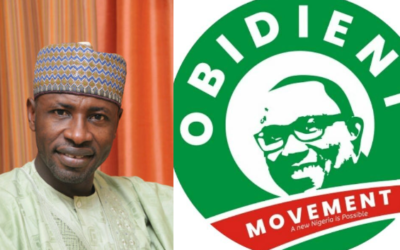
Petrol Subsidy is Back Under Tinubu – IMF
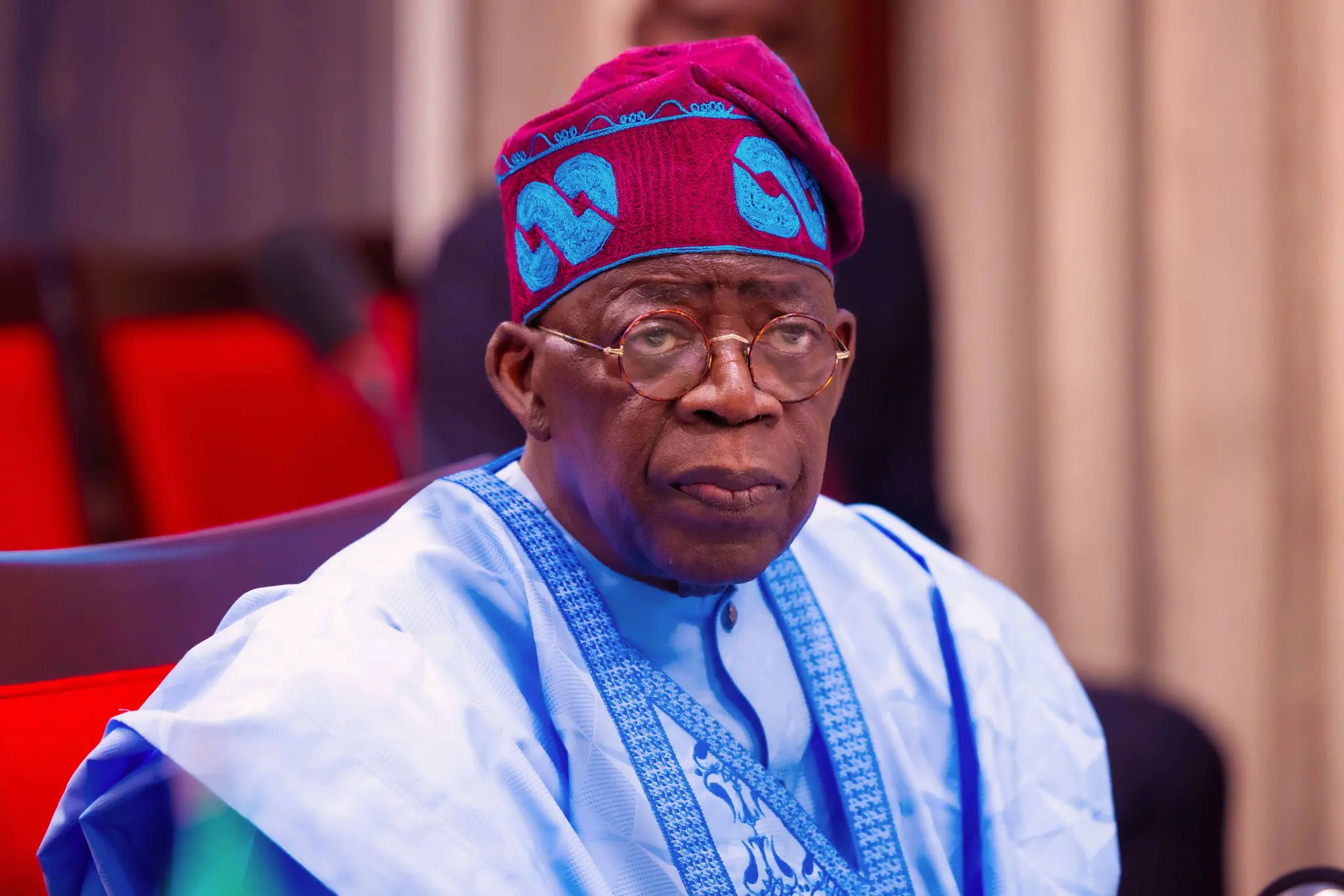
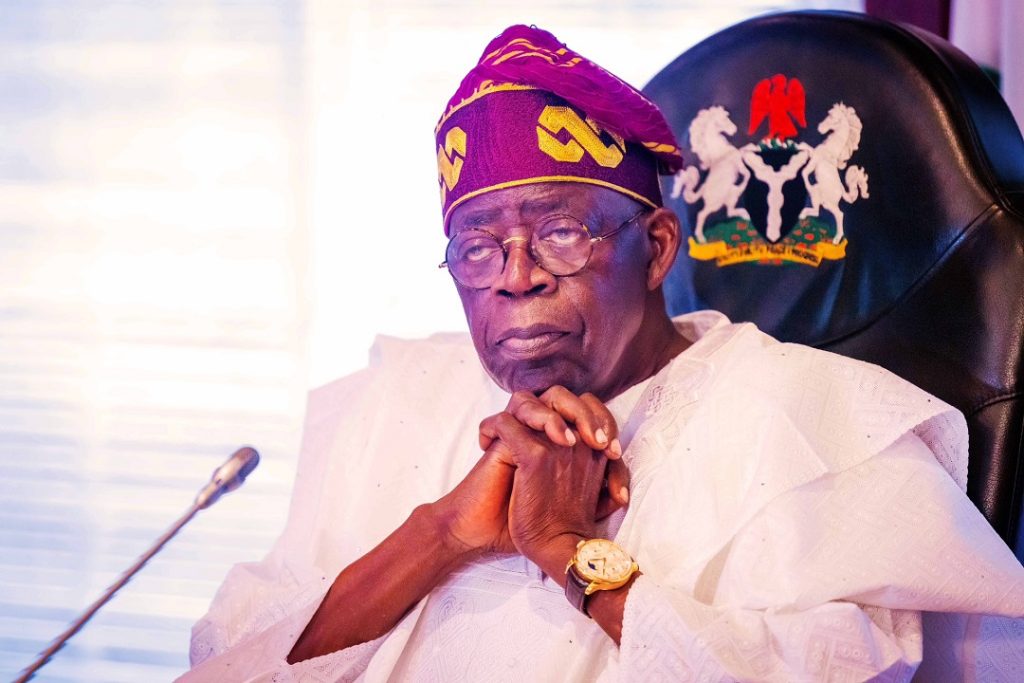
The International Monetary Fund (IMF) has raised concerns over the Nigerian government’s reinitiation of subsidies on premium motor spirit (PMS), commonly known as petrol, through undisclosed means.
On May 29, 2023, during his inauguration speech, Bola Tinubu declared an end to petrol subsidies, leading to a surge in prices for goods and services nationwide.
Shortly after, the Central Bank of Nigeria (CBN) consolidated various exchange rate systems into one, resulting in the devaluation of the naira against the dollar.
As of the latest update, the official exchange rate stands at N1,499/$1, with the parallel market at N1,515/$1.
The IMF recently completed its Post Financing Assessment with Nigeria and expressed apprehension regarding the government’s decision to cap fuel prices at retail stations.
The IMF urged President Tinubu’s administration to cease petrol subsidies entirely to allocate funds more efficiently for government operations.
However, various Nigerian figures and regional entities have criticized the IMF’s recommendations as detrimental to the populace, advocating for domestically crafted solutions to enhance the economy and citizens’ welfare.
Recent reports have indicated queues reappearing at petrol stations in major cities, though the Nigerian National Petroleum Company (NNPC) Limited assures consumers of an adequate supply.
READ ALSO: NLC, TUC Issue 14-day Nationwide Strike Notice to FG
Following the removal of petrol subsidies in May 2023, pump prices surged from N185 per litre to N400 per litre, and subsequently to N568 per litre at NNPC outlets, with other stations selling above N600 per litre.
Despite government assurances that prices would fluctuate post-subsidy removal, they have steadily risen despite fluctuations in global crude oil prices.
The IMF’s latest statement highlighted the Tinubu administration’s imposition of caps on retail fuel and electricity prices to mitigate the impact of rising inflation, partially reversing the subsidy removal.
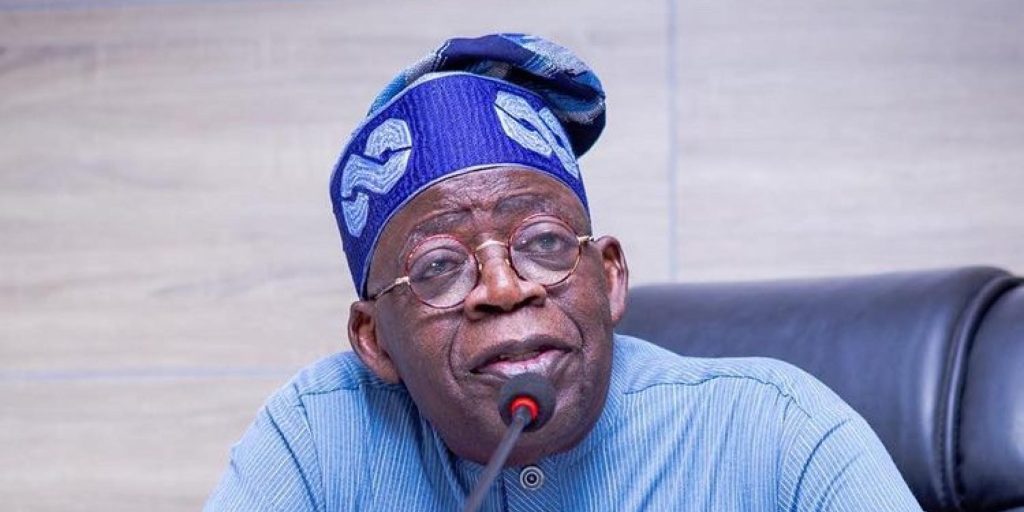
Investigations in September revealed that despite assurances, the federal government paid N169.4 billion in subsidy in August to maintain a pump price of N620 per litre.
NNPC Limited utilized $220 million from dividends paid by the Nigerian Liquefied Natural Gas (NLNG) to cover the subsidy, withholding $55 million unlawfully.
Due to the recent devaluation of the naira to N1,499/$1, petrol prices may exceed N1,000 per litre. Prior to the devaluation, the landing cost of petrol was N651.75 per litre with a ceiling of N900/dollar. Independent marketers adjusted prices between N660 and N670 per litre between August and December 2023, while NNPC outlets continued selling at N617 per litre.
Given the new exchange rate, prices are expected to surpass N1,000 per litre, prompting oil marketers to call for government intervention.
Fluctuations in forex rates drive petrol prices, and Chief Chinedu Ukadike, National Public Relations Officer of the Independent Petroleum Marketers Association of Nigeria, emphasized that any depreciation in the naira against the dollar would lead to price hikes due to forex dependencies beyond petroleum products.
“It is simple mathematics, once the dollar is going up, have it in mind that the prices of petroleum products would definitely increase because the products are dollar-driven.”
In an interview with Daily Trust, Afolabi Olawale Olufemi, the Secretary General of NUPENG, expressed concern over the loss of confidence in the naira. He emphasized the need for people to refrain from exploiting the situation, highlighting its detrimental effects on everyone involved.
“We are fortunate that there are positive signs that Dangote refinery is going to start very soon. We should be hopeful and that would help moderate the fluctuations that are expected.”
Speaking on the development, Abiola Rasaq, former Economist and Head, Investor Relation at UBA plc said: “The sharp rise in petroleum price is a reflection of both the full deregulation of the downstream oil & gas sector as well as Naira weakness. Notably, crude oil is a dollarised commodity, hence the notable devaluation of the local currency has direct impact on the Naira-cost of petroleum prices, especially as the subsidy removal meant the retail price has to reflect the true market price of the product. So, it’s a double whammy effect.”
In response to Daily Trust’s inquiry about the possibility of the pump price exceeding the current N617 per litre, Olufemi Soneye, the Chief Corporate Communications Officer of NNPC Ltd, reassured that there are no supply issues and petroleum products remain readily available.
He attributed recent localized shortages to a temporary distribution problem in Lagos, which has since been resolved.
Soneye emphasized that there are no imminent plans to increase the cost of petrol. The Petroleum Tanker Drivers (PTD) union advised against panic buying, affirming that there is no deficit in petroleum product distribution.
This guidance was conveyed in a statement issued by the National Chairman, Lucky Osesua, and Secretary, Humble Power Obinna.
The statement urged members to disregard any threats from the Nigeria Union of Petroleum and Natural Gas Workers (NUPENG) regarding the lifting of petroleum products from certain depots in the country.
PTD also stated that the alleged attempt to oust Osesua, Obinna, and Deputy Chairman Yusuf Garga had been unsuccessful.
“There is no shortfall in the distribution of petroleum products across the six geo political zones of the country and PTD, under the legitimate leadership of Comrade Lucky Osesua and his deputy, Comrade Dayyabu Garga, has redoubled its commitment to ensure and guarantee lifting and distribution of petroleum products without encumbrance in observance of its statutory responsibility.
“We equally urge Nigerians and motorists to avoid storing of petrol at home because of the dangers associated with it,” the statement read in part.



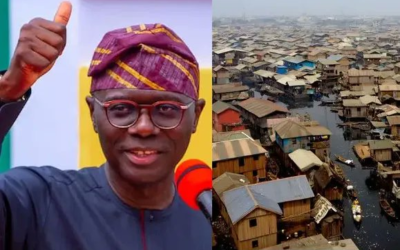
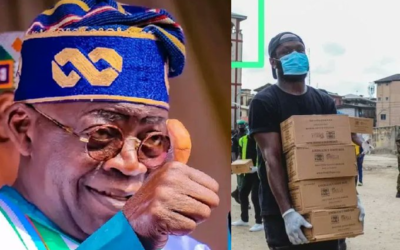



2 thoughts on “Petrol Subsidy is Back Under Tinubu – IMF”